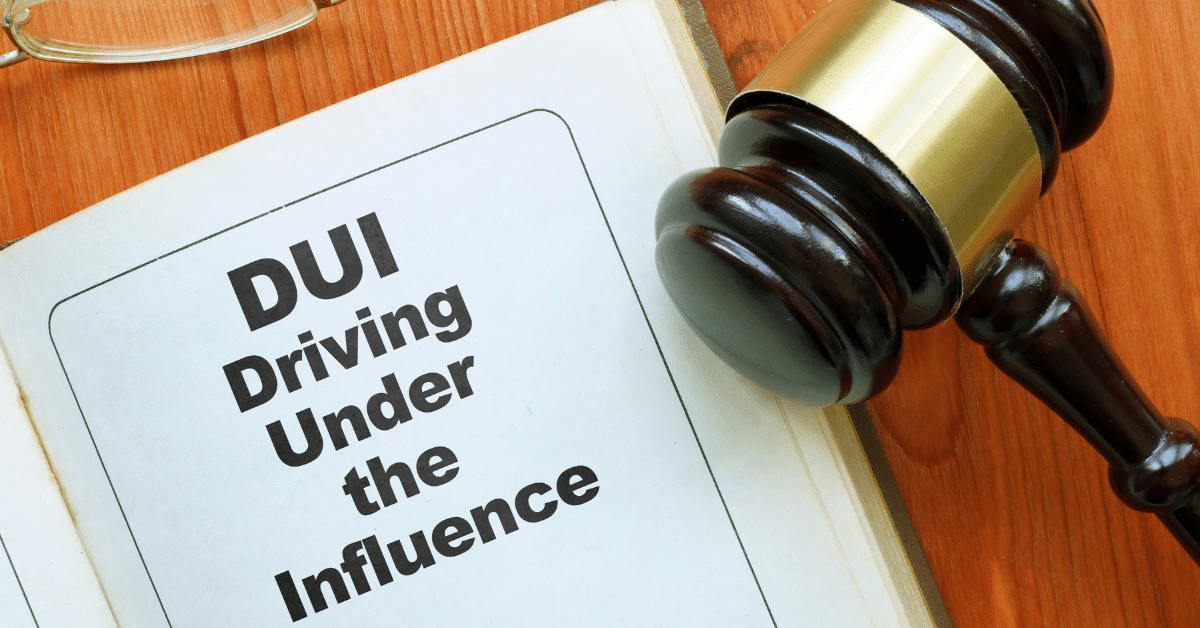Plea bargains are common in the criminal justice system for virtually all charges, including DUI. It’s a way to speed up a case resolution that serves all parties’ interests. They bring certainty and put an end to this cloud hanging over you. They also save you, the prosecution, and the court system resources that would be spent on a trial.
What is a Plea Bargain?
Few criminal charges are resolved through a full trial. Either charges are withdrawn or dismissed on technical grounds, or the parties reach a plea bargain agreement.
It’s an agreement between you and the prosecution in your DUI case, in which you agree to plead guilty or no contest (nolo contendere) to the original charge or a lesser charge in exchange for a given sentence and the withdrawal of other or more severe charges or penalties. It’s the result of negotiations that allows both parties to avoid the uncertainty and cost of time, money, and energy that come with a trial.
How Does a Plea Bargain Work in a DUI Case?
The plea-bargaining process typically involves you, your attorney, the prosecution, and the court:
- Assessment of Evidence: We and the prosecution will assess the available evidence, including police reports, breathalyzer results, blood alcohol concentration (BAC) levels, and witness statements. This evaluation helps both sides understand the strengths and weaknesses of the case.
- Initial Offer: We or the prosecution may propose a plea deal, suggesting a reduced charge (like reckless driving or DWAI instead of DUI) or a lighter sentence. This offer acts as a starting point for negotiation.
- Negotiation: We and the prosecution will negotiate to reach a mutually acceptable agreement. Both sides will advocate for their positions, taking into account the specific circumstances of the case, applicable law, and your past criminal history, if any.
- Considerations: The agreement is subject to approval by the presiding judge. They will consider various factors, such as your criminal record, the severity of the DUI offense, any injuries or damages caused, and whether you show remorse and willingness to seek substance abuse rehabilitation. If the judge thinks the agreement is reasonable, they will make sure you understand it and the consequences of it being put into action.
- Acceptance or Rejection: If negotiations fail or the judge rejects the agreement, and another cannot be reached, you can plead guilty and accept the consequences, or your case will go to trial.
The Benefits of a Plea Bargain Agreement in a DUI Case
Plea bargains offer several benefits to all the parties involved:
- Reduced Charges and Penalties: Defendants typically avoid more severe charges and harsher penalties that could come with a DUI conviction. This could mean a shorter jail sentence, reduced fines, or probation instead of incarceration.
- Lesser Consequences if You’re Charged With DUI Again: DUI sentences are tougher as you get more convictions. If you plead guilty to a non-DUI charge like reckless driving and are arrested a second time for DUI later, the potential penalties are less severe than if you’re facing a second DUI conviction.
- Time and Cost Savings: Trials can be lengthy and expensive. By reaching a plea bargain, you, the prosecution, and the court system save time and resources.
- Certainty: You may not like the sentence you’ll get with a plea bargain agreement, but it ends the possibility of more severe consequences that could result from a trial. You’re exchanging the unknown for certainty and a sentence you can accept to prevent one that may be much harsher.
- Avoiding Stigma: Pleading to a lesser offense may avoid some of the social stigma attached to a DUI conviction, which can have long-lasting personal and professional consequences.
Is a Plea Bargain Right for You?
There are many factors to consider when deciding whether to pursue a plea bargain agreement and, if so, what terms are acceptable. Here are two:
- Strength of Evidence: If you have solid defenses, we may be able to drive a hard bargain and have the charges dismissed, or convince the DA to agree to a far more minor offense to resolve the issue. If the prosecution has strong evidence and a conviction looks likely, a plea bargain allowing you to save the resources that will probably be spent on a losing trial and that includes a sentence less harsh than what you’d likely face may be worth taking.
- Reasonable: The agreement’s terms should be reasonable, given the evidence. Both sides should also be realistic during negotiation. Going to trial may be the better option if the prosecution insists on a tough plea bargain despite little evidence supporting the charges. You also need to be reasonable and not push your luck too hard, or you may find yourself with a future guilty verdict, wishing you had agreed to the proposal.
Each case is unique. A favorable plea bargain for someone else may be bad for you. It all depends on the evidence, your goals, and what you’re willing to sacrifice to achieve them.
Get Help Resolving Your DUI Charges
Attorney Kevin Churchill has helped clients facing DUI charges for more than 24 years. If you’re in this situation, contact Churchill Criminal Defense. Schedule a free consultation by contacting us at (303) 832-9000 or fill out our online contact form today. We are always here to help.
